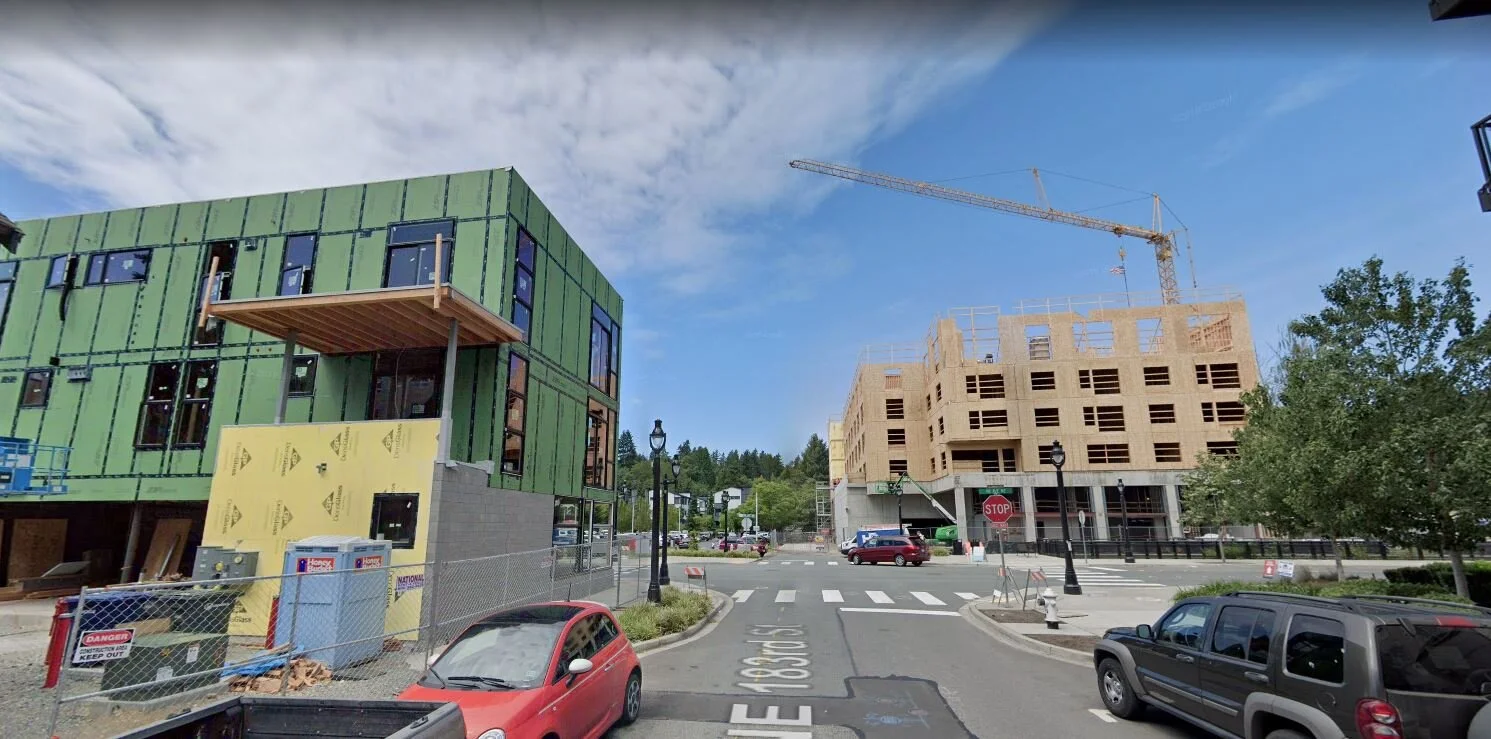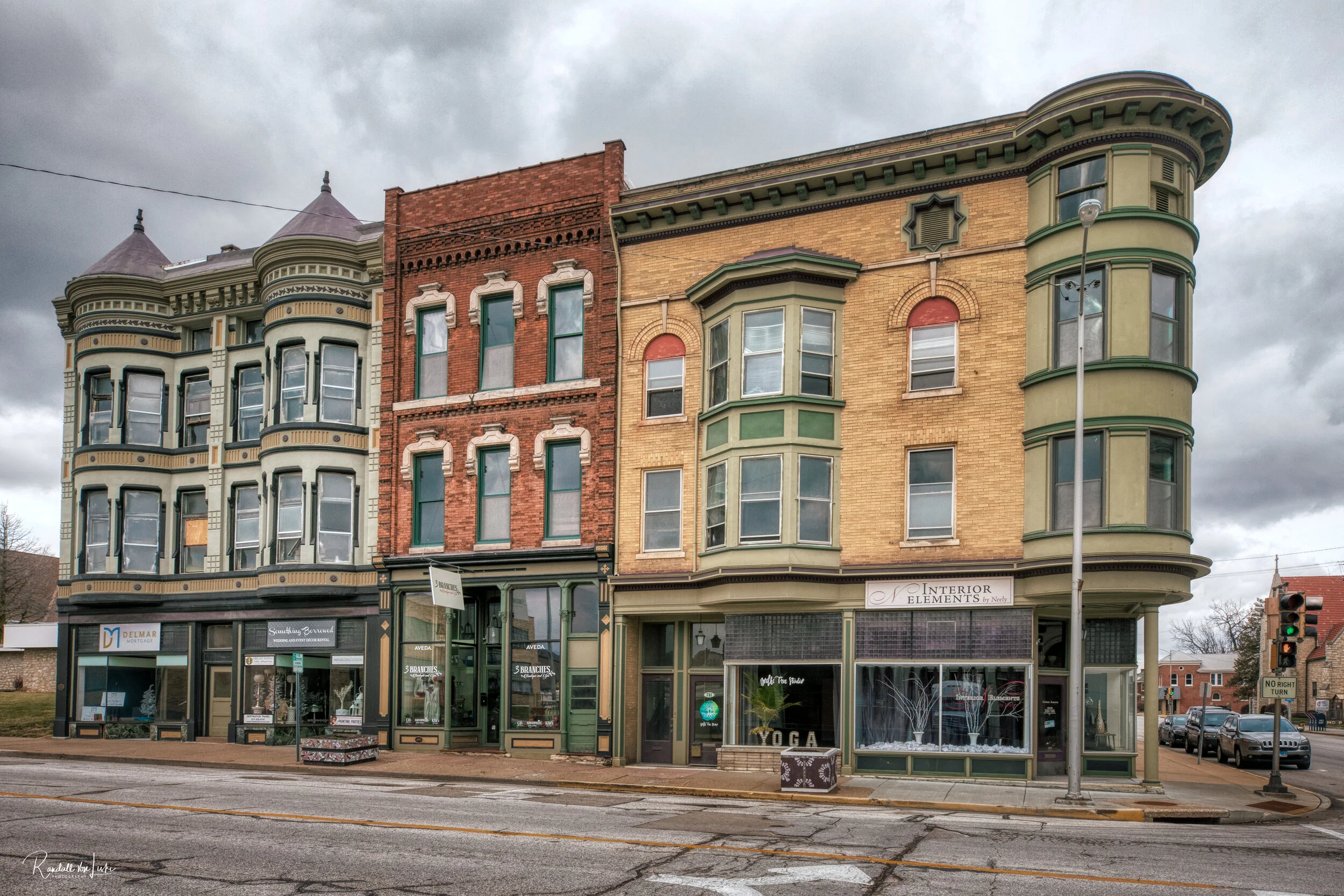Any attempt to design cities that are for people and not cars is all for naught if there are no means to finance it.
Read MoreThis new Strong Towns e-book explores what it would take to revive small-scale development as a force significant enough to shape and grow our cities.
Read MoreReal-world examples of the administrative friction that holds back small-scale developers.
Read MoreWhat will it take to get back the ecosystems of tradespeople, laborers, lenders, and small-scale developers who made incremental development possible in the past?
Read MoreWho is actually going to do the work of incremental development, and what will their motivations be?
Read MoreFor most small-scale developers, capital is a significant barrier to doing small infill projects. But that isn't because the money isn't there to be had.
Read MoreA cohort of small developers representing over 100 properties in poor, disinvested neighborhoods are, together, the largest developer in South Bend, IN. Can their success be replicated?
Read MoreIncremental development today is far from the path of least resistance. To do it, you'll need the ability to navigate dozens of regulatory barriers.
Read MoreA how-to guide from Strong Towns.
Read MoreWhat can we learn about the housing market and corporations buying back their own stock...through anecdotal references? (As it turns out, quite a lot!)
Read MoreWe need to go back to the point where we were still building architecture that inspired, lifted the human spirit, and lasted millennia—and build upon those practices.
Read MoreThis week on the Strong Towns Podcast, we’ve invited back a popular past guest and regular Strong Towns contributor: Johnny Sanphillippo.
Read MoreExploring the property market in Appleton, WI, reveals the ephemeral nature of the North American development pattern.
Read MoreSo you've heard that "developers" wield a lot of power in your city, or that certain actions will or won’t benefit them? It matters which ones you’re talking about.
Read MoreToo often, “form follows parking” for small developers. A project feasibility starts with on-site parking minimums; only then can it be determined how much is left over for productive use.
Read MoreSmall-scale developers are an important part of building strength and prosperity. If anything, that’s more true now than it was before COVID-19.
Read MoreIt’s important to demystify the development process. Not just for people who have a vested interest in what gets built in their neighborhood, but for people involved in one aspect of the building process — city officials, finance, architects, planners, etc. — who may not fully appreciate what’s happening elsewhere.
Read MoreIn Seattle, policy victories tend to be long-fought and hard-won. What will it take to achieve a city that can flex, evolve, and meet its residents’ needs in a more organic way, without every change becoming an arduous political battle?
Read MoreIncrementalism is not an end in itself. It’s not about stubborn insistence on some sort of small-is-beautiful aesthetic for its own sake. Incremental development is a practical means to the end of resilient, financially sound places.
Read MoreTrying to navigate opaque bureaucracies, just to get permission to build something that used to be legal everywhere, is like eating Jell-O with chopsticks: tedious and unsatisfying. No wonder people find pragmatic work-arounds instead.
Read More



















